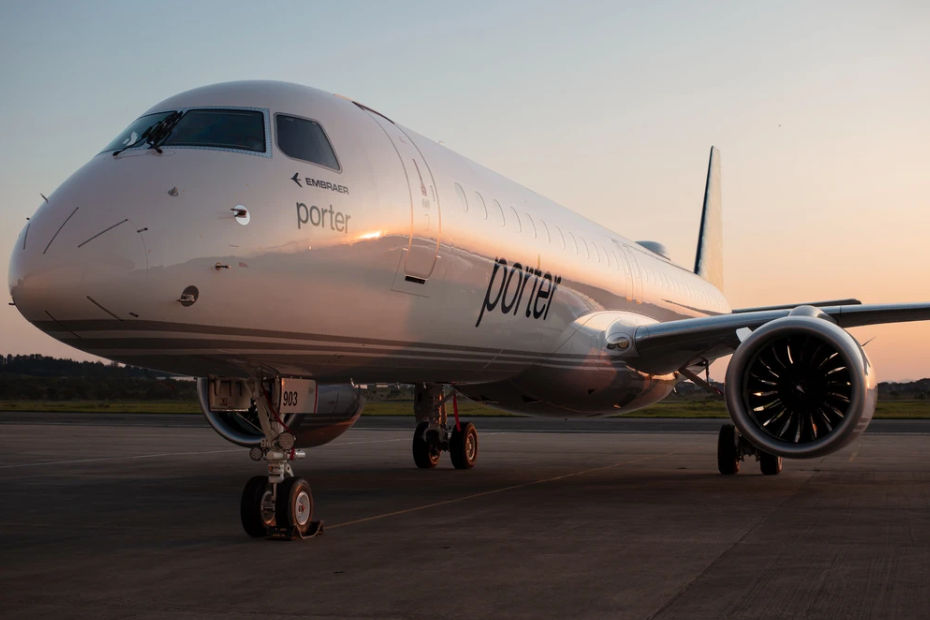Boeing to Open Research Center in Japan Focused on SAF, and Electric/Hydrogen Propulsion
- Joe Breitfeller

- Aug 1, 2022
- 3 min read
Boeing will strengthen their partnership in Japan with the opening of a new Boeing Research and Technology (BR&T) center in Nagoya focused on SAF, electric and hydrogen propulsion, robotics, digitalization and composites.

On Monday (August 1, 2022), Boeing announced that they will broaden their 2019 Cooperation Agreement with Japan’s Ministry of Economy, Trade and Industry (METI) by opening a new Boeing Research and Technology (BR&T) center in Japan. The development center will focus on sustainable aviation fuels (SAF), electric and hydrogen powertrain technologies, robotics, digitalization and composites. With the expanded partnership, Boeing and METI will work to advance future flight concepts that promote zero climate impact aviation, as well as new forms of electric and hybrid-electric propulsion, batteries and composite manufacturing that will enable new forms of urban mobility.
In Monday’s announcment, Boeing’s Chief Engineer and EVP – Engineering, Test and Technology, Greg Hyslop, said,
“We are excited to open our latest global research and technology center here in Japan. Working with terrific partners like METI, the new center will expand upon Boeing-wide initiatives in sustainable fuels and electrification, and explore the intersection of digitization, automation and high-performance aerospace composites for greater sustainability in our future products and production systems.”
The New BR&T Japan Research Center will be located in Nagoya, home to many of Boeing’s major industrial partners and suppliers, and will expand Boeing’s R&D footprint in the region, which already includes centers in Australia, China and Korea. Boeing fully supports Japan’s SAF industry and has been accepted as the latest member of ACT FOR SKY, a voluntary organization of 16 companies working to commercialize, promote and expand the use of SAF produced in Japan.
Welcoming Boeing into the program, ACT FOR SKY’s representative, Masahiro Aika, said,
“ACT FOR SKY welcomes the participation of Boeing. We look forward to Boeing collaborating with the other members to 'ACT' for the commercialization, promotion and expansion of SAF in Japan.”
Boeing has a long history of innovating with All Nippon Airways (ANA) and Japan Airlines (JAL) on sustainable aviation, including the pioneering of SAF flights, and launching the ground breaking Boeing 787 Dreamliner. Both airlines have today also signed an agreement to collaborate on the study of advanced sustainability technologies.
Further commenting on the company’s expanding partnerships in Japan, Boeing’s Chief Sustainability Officer, Chris Raymond, added,
“To ensure the enormous societal benefits of aviation remain available for generations to come, we must continue to partner with capable innovators and leaders to support the industry's commitment to net zero carbon emissions by 2050. We are humbled to join ACT FOR SKY and collaborate with other members to share global best practices and help with the scale up and demand of SAF in Japan. And we are honored to open the Japan Research Center and expand our work with airline customers ANA and JAL on advanced technologies to realize zero climate impact aviation.”
Boeing (NYSE: BA) is the world’s largest aerospace company and leading supplier of commercial airplanes, defense, space and security systems, as well as global services. The aerospace giant tops the list of the largest U.S. exporters, providing a significant positive impact to America’s annual GDP. Boeing supports government and commercial customers in over 150 countries and employs more than 160,000 team members worldwide. As Boeing continues to deliver for customers, they are committed to their legacy of aerospace leadership in technology and innovation and living the company’s core values of safety, quality and integrity.
Source: Boeing/PRNewswire


